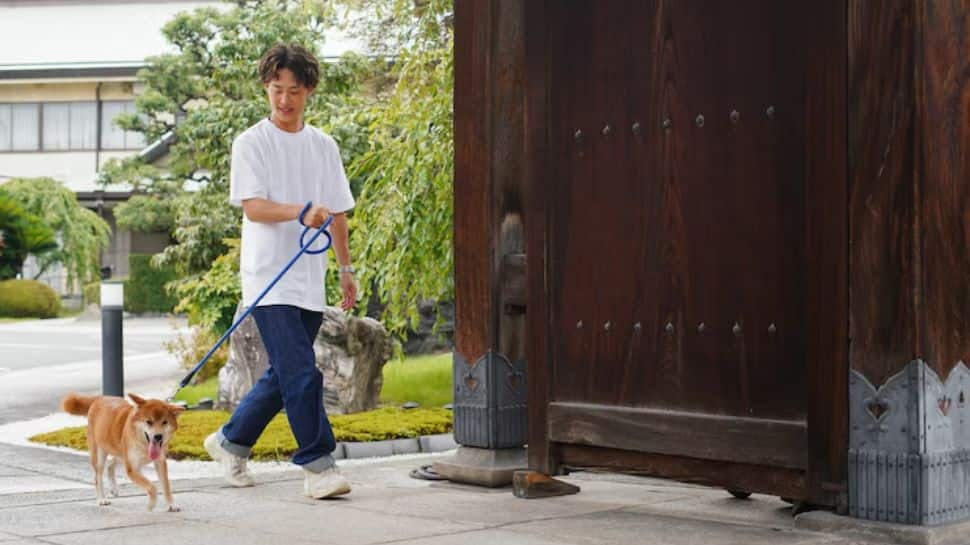Japan consistently ranks among the healthiest nations in the world, known for its high life expectancy, low obesity rates, and vibrant elderly population. While their traditional diet plays a major role, one of the most underrated yet powerful aspects of Japanese wellness is their 30-minute walking habit—a simple practice that boosts both physical and mental health. These walking tricks are more than just a stroll—they’re rooted in intention, mindfulness, and cultural wisdom.
Here’s how Japan’s 30-minute walking approach contributes to longevity and overall well-being:-
1. Walking with Purpose (Not Just for Exercise)
In Japan, walking isn’t always planned as a workout—it’s woven into daily life. People walk to public transport, the market, parks, or even take long routes home to enjoy nature.
Why it works: Regular, purposeful walking accumulates over time and supports cardiovascular health, joint mobility, and calorie burning without needing gym time.
2. Walking Mindfully (Shinrin-Yoku or Forest Bathing)
Many Japanese people practice shinrin-yoku, or “forest bathing”—a slow, mindful walk through natural settings like parks or wooded paths.
Benefits: It lowers stress hormones, reduces blood pressure, improves sleep, and enhances mood—all within 30 minutes of peaceful walking in nature.
3. Incorporating Inclines and Stairs
Japanese cities and towns often include natural inclines, steps, and pedestrian-friendly slopes in urban design. People unknowingly add resistance and intensity to their daily walks.
Why it matters: Climbing stairs or walking uphill during a 30-minute walk increases heart rate, burns more calories, and strengthens leg muscles without high-impact workouts.
4. Consistency Over Intensity
Unlike intense gym workouts, the Japanese prioritize regularity. Walking 30 minutes daily—regardless of speed—builds endurance and habits over time.
Tip: A brisk 30-minute walk after meals is common, aiding digestion and maintaining steady energy levels.
5. Social and Community-Based Walking
Elderly Japanese citizens often walk in groups or take part in morning walk clubs, fostering social connection, accountability, and emotional wellness.
Psychological perk: Walking with others reduces loneliness, enhances motivation, and supports mental clarity.
How You Can Try Japan’s 30-Minute Walking Tricks:
Schedule short walks after breakfast or dinner to mimic natural rhythms.
Choose scenic or green areas to experience the calming effect of nature.
Leave the car behind for short errands and walk instead.
Practice mindful walking—focus on your breath, footsteps, and surroundings.
Start or join a walking group for accountability and social benefits.
Health Benefits:-
Improved cardiovascular health
Better blood sugar regulation
Lower stress and cortisol levels
Enhanced creativity and mood
Stronger bones and muscles
Weight maintenance
Japan’s walking habit is simple, sustainable, and backed by cultural wisdom and science. Just 30 minutes a day—done consistently, mindfully, and with purpose—can improve your health, mood, and longevity. You don’t need fancy gear or memberships—just a good pair of shoes, nature, and a little time each day.
(This article is meant for informational purposes only and must not be considered a substitute for advice provided by qualified medical professionals.)

